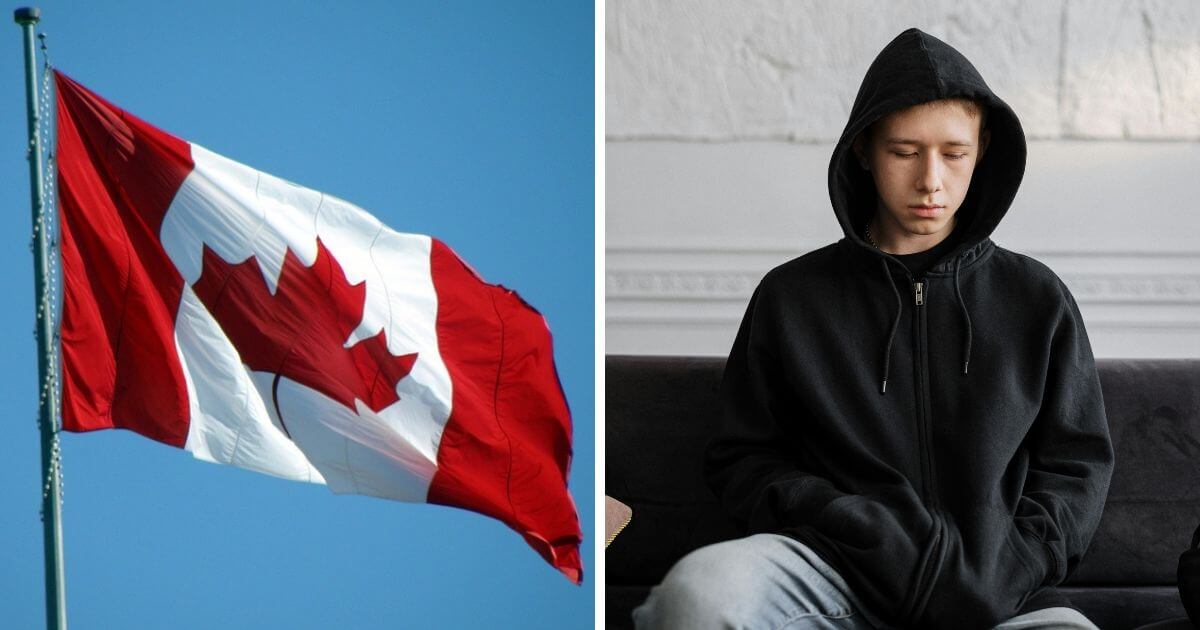A euthanasia lobby group in Canada has lodged a court appeal in an attempt to force Canada to further extend its provision of euthanasia to those suffering from mental illness alone.
Euthanasia was first legalised in Canada in 2016. In December 2022, the Government announced their plan to introduce legislation enabling assisted suicide and euthanasia for those whose sole underlying medical condition is a mental illness. This legislation was introduced in 2023, and the law was expected to come into force in March 2024.
However, the Canadian Health Minister Mark Holland announced that “the system is at this time not ready” to make euthanasia and assisted suicide legal on the grounds of mental illness alone. Legislation was introduced in February 2024 so that euthanasia and assisted suicide would become legal on the grounds of mental health alone in March 2027.
Now, euthanasia lobby group Dying with Dignity Canada is arguing that it is discriminatory towards people with mental illness that those suffering physically can access euthanasia and assisted suicide but those with mental illnesses cannot.
Dying with Dignity is accusing the Government of breaching section 7 of the Canadian Charter of Rights and Freedom, which states that each Canadian citizen has the “right to life, liberty and security“. It also accuses the government of breaching section 15, that citizens should not be discriminated against based on “mental or physical disability“. Its press release argues that the exclusion of people with mental illnesses from assisted suicide and euthanasia “reinforces the stigma and historic prejudice against people with mental illness”.
Expansion of the euthanasia law
Alex Schadenberg, Executive Director of the Euthanasia Prevention Coalition, said: “This recent court challenge proves how extreme Canada’s euthanasia lobby is and how they have redefined the meaning of the words compassion and equality”.
Pierre Poilievre, leader of Canada’s Conservative Party, has promised to scrap the Trudeau Government’s plan to introduce euthanasia on the grounds of mental illness alone if his party wins next year’s election. He criticised Prime Minister Justin Trudeau’s “radical agenda” to include mentally ill people as being “totally out of step with the values of Canadians”.
In 2021, the Canadian Parliament repealed the requirement that the natural death of those applying for euthanasia or assisted suicide be “reasonably foreseeable”. This took place only five years after the original legislation allowing euthanasia and assisted suicide was passed in 2016.
Since then, the numbers of people ending their lives by assisted suicide or euthanasia have increased significantly. In 2022, the number of people who ended their lives by euthanasia or assisted suicide increased by 31.2% from the previous year, accounting for 4.1% of all deaths in Canada.
Spokesperson for Right to Life UK, Catherine Robinson, said: “Canada’s euthanasia and assisted suicide policy has been an absolute disaster from day one and stands as a huge warning sign for any nation considering legalising assisted suicide or euthanasia – including the UK.
“The last thing people with mental illnesses need is state facilitation to end their own lives – yet this is exactly what Dying with Dignity is proposing”.
“Hopefully, legislators in Canada will see sense and seek ways of supporting people with mental illnesses rather than finding ways to enable them to end their own lives”.












